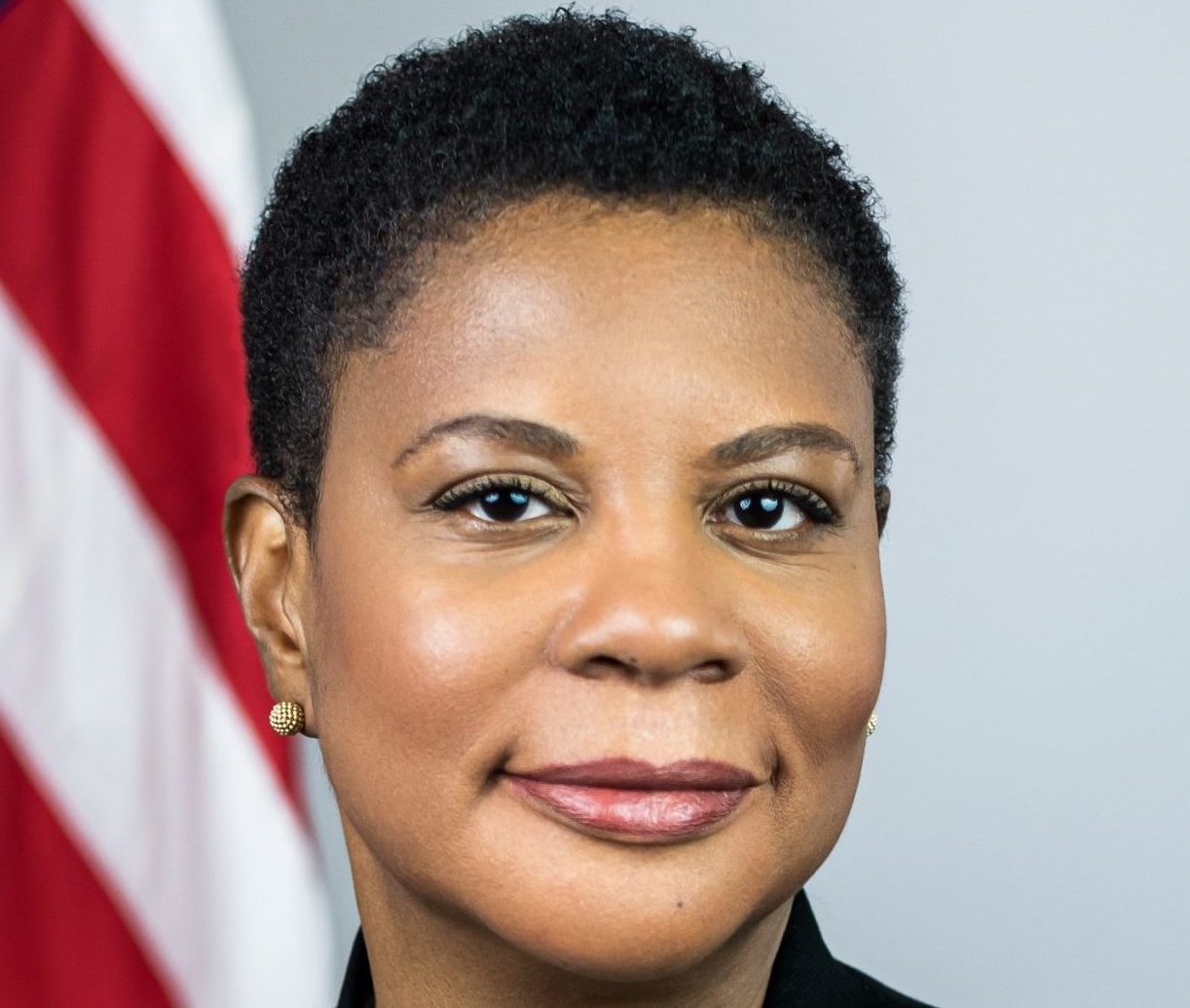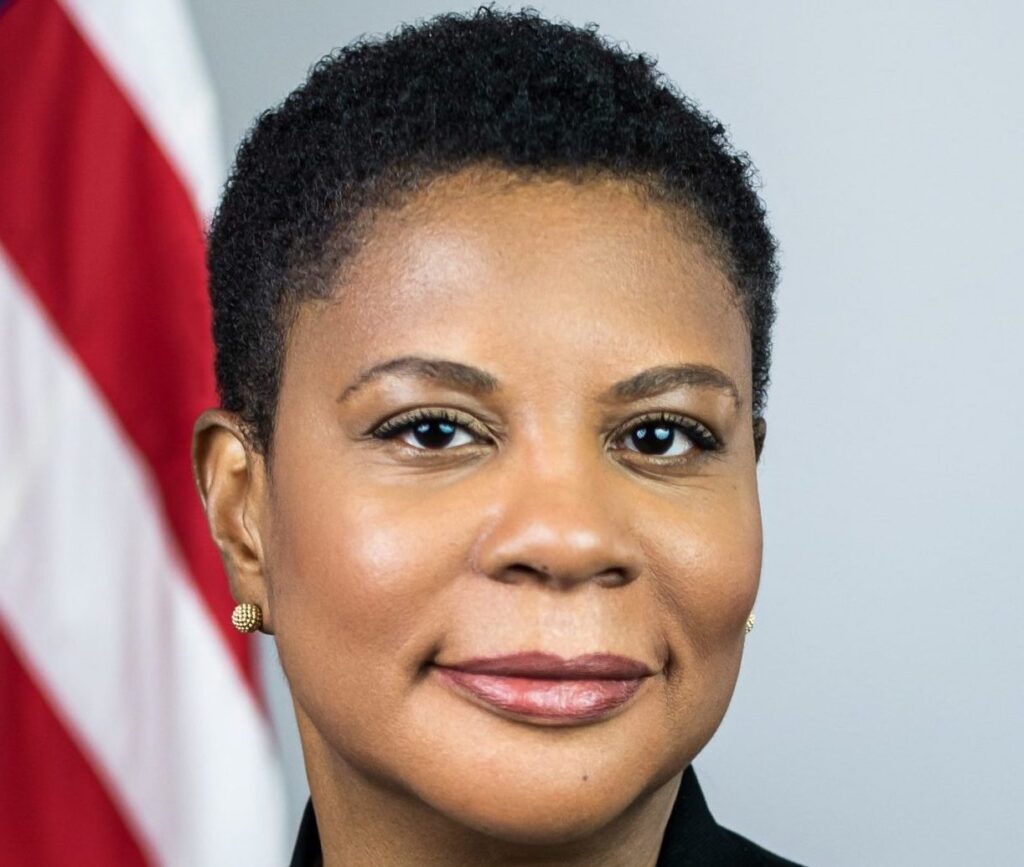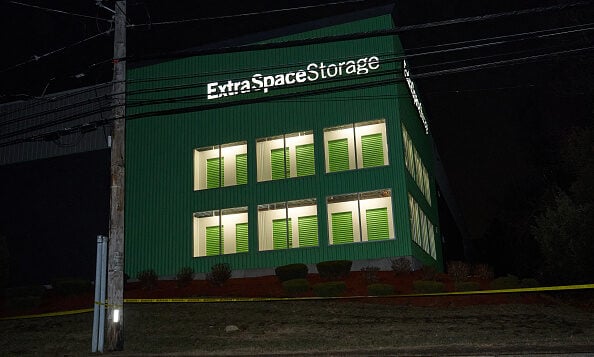
May 16, 2025
She resigned with a clear message that she will not participate in dishonest systems
Despite Alondra Nelson’s deep care for the National Science Board and the Library of Congress Scholars Council, the policy advisor says certain boundaries have been crossed, leading her to step away from both federal institutions.
“Today, I am resigning,” Nelson wrote in a May 13 essay published by Time. “The aim of my resignation is to break free of powers that seek to limit knowledge and silence voice.”
Nelson, the Institute for Advanced Study’s Harold F. Linder professor, explained that her decision to resign stems from the growing realization that institutions like the National Science Foundation, the Library of Congress have lost sight of integrity and “it is impossible to fulfill their missions in good faith.”
Nelson wrote that scientists, librarians, program officers, and policy analysts have continued their work despite the increasingly hostile political environment among these institutions. Since January, she has witnessed civil servants face termination under claims they did not reach the mark, vendor contracts ignored, and the cancellation of grants and fellowships.
“In both these roles, over the past few years, I’ve been asked to serve on diverse bodies that offer guidance about how the executive and legislative branches can be stewards of knowledge and create structure to enable discovery, innovation, and ingenuity,” wrote Nelson. “In the instance of the National Science Board, this ideal has dissolved so gradually, yet so completely, that I barely noticed its absence until confronted with its hollow simulacrum.”
Nelson was appointed to her role with the National Science Board in 2024, an independent agency that has invested in transformative technologies and supported vital research in the social and behavioral sciences. However, the arrival of the Department of Government Efficiency may have resurfaced tension between “the promise of scientific freedom and the peril of political control.”
“Last week, as the Board held its 494th meeting, I listened to NSF staff say that DOGE had by fiat the authority to give thumbs up or down to grant applications which had been systematically vetted by layers of subject matter experts,” said Nelson. “When grant applications are vetoed, and whole organizations restructured, the freedom to speak becomes meaningless when disconnected from the possibility of being heard.”
Nelson now believes her course of action lies in the refusal to participate in dishonest systems.
RELATED CONTENT: Black Mathematician First To Have Research Displayed in Library of Congress





